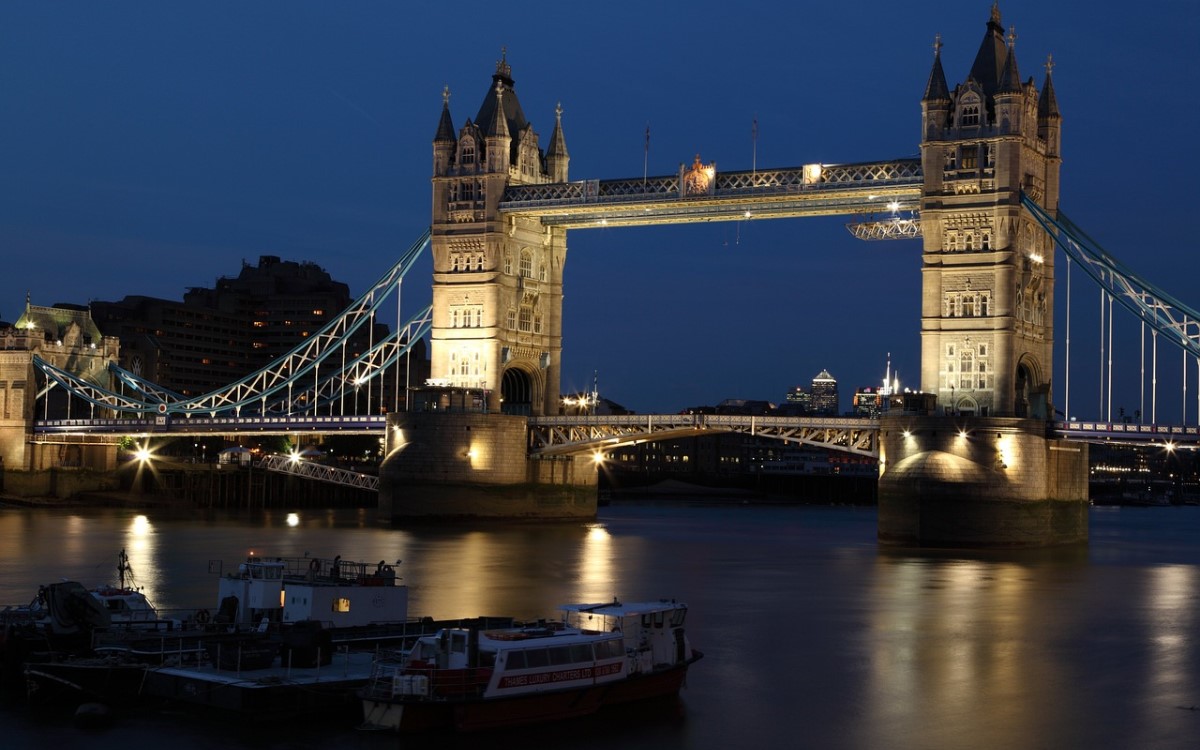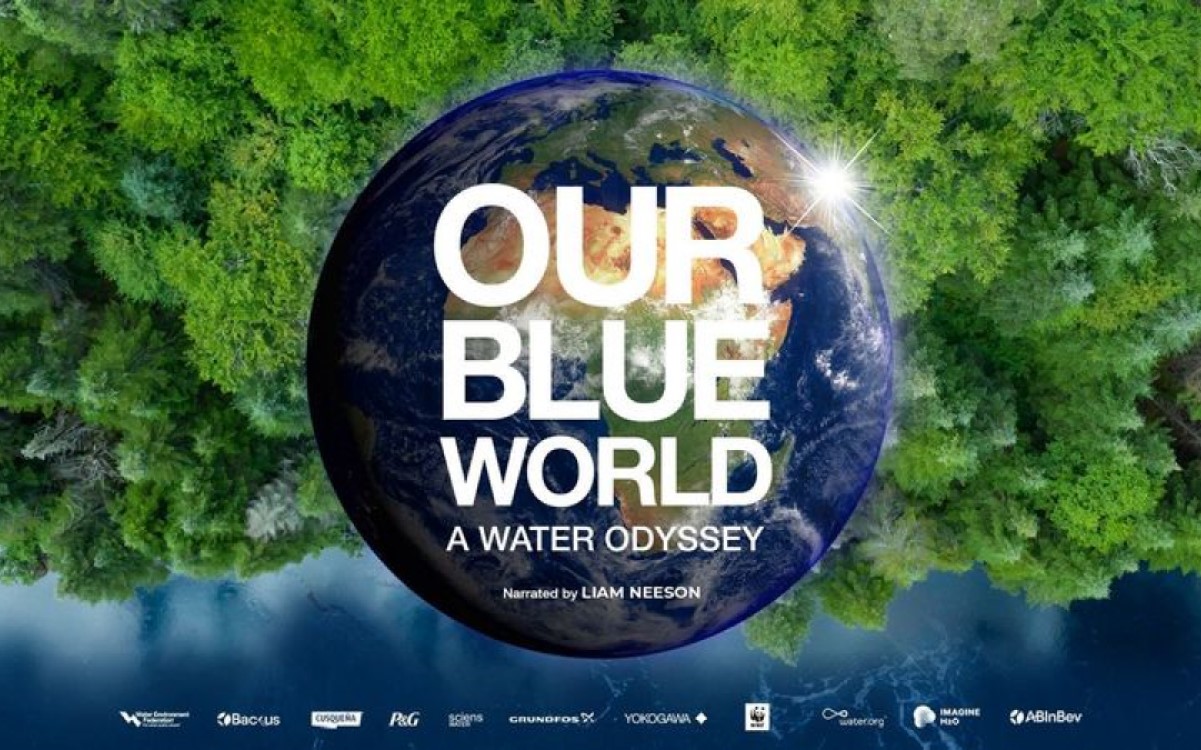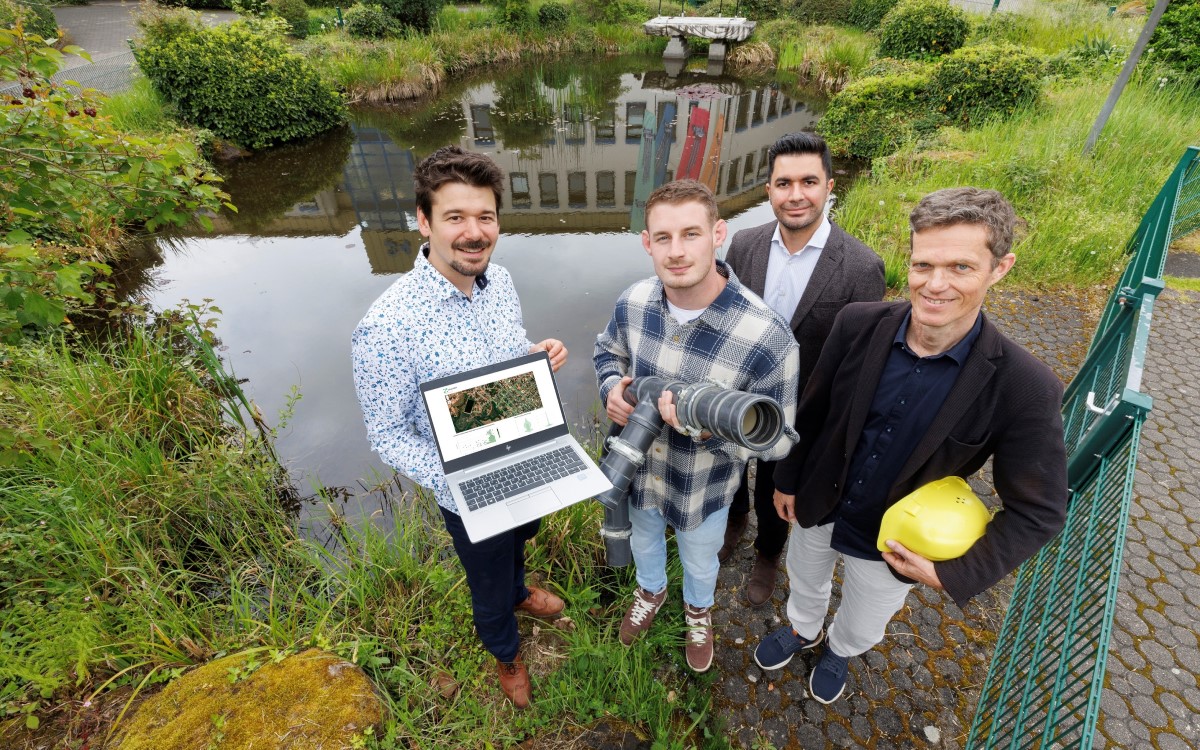11. March 2024 Ι Robbie Moore MP, the UK government minister for water, recently addressed the pressing issue of the demand gap in resources during his keynote address at British Water’s International Reception in London on 19 February 2024.
“Growing demand for water and more intensive periods of drought are projected to create a supply-demand gap if we don’t improve water efficiency and invest in new water resource infrastructure,” said Moore “In England, the Environment Agency’s review of draft regional resource plans found that by 2050 an additional 4,000 million litres of water per day is needed to meet future demand pressures.”
A Call for Comprehensive Action
Moore said tackling this issue must be delivered through a combination of demand management measures, such reducing leakage and lowering consumption, with regulation also playing a key role. The UK Government has set new legally binding targets to reduce the use of public water supply in England by 20% per person by 2038 and halve leakage by 2050.
The world is facing an imminent water crisis, with demand expected to outstrip the supply of fresh water by 40% by the end of this decade, according to a landmark report ‘Turning the Tides’, published last year by the Global Commission on the Economics of Water. Further highlighting the urgent need for proactive and ambitious approaches to water management, British Water’s reception also drew attention to the issue of the gender gap in water.
Promoting Gender Diversity in Water Management: Bridging the Gap
Gender diversity in the water sector is crucial for improved business performance, representation of the customer base, and a greater combination of skills across the workforce. However, according to a recent report from global consultancy McKinsey, in the UK just 17% of the energy and utilities workforce are women – around two-thirds less than in the overall UK workforce.
As part of its ongoing work to improve diversity in the water sector, British Water signed a memorandum of understanding (MoU) with the WaterRising Institute of the USA at the reception. The MoU agrees to partner on the WaterWoman Project, which aims to accelerate gender parity in water management, addressing the urgent need for a gender-inclusive, water-positive approach to solving the water crisis.
Also at the reception, the Water Alliance, a Dutch water technology membership organisation, and the Embassy of the Kingdom of The Netherlands in London signed a private-public partnership to work together to facilitate collaboration between Dutch and British Water technology companies to help solve water challenges in the UK.
Since 2013, British Water’s International Reception has been held with three objectives – to help grow UK exports; to raise the international profile of the UK Water Industry and its ecosystem, which British Water represents; and to encourage the sharing of best practices.
Speaking after the reception, Lila Thompson, British Water’s chief executive said, “Tackling water issues such as the demand gap and the lack of diversity and inclusion effectively requires a global approach that transcends national borders. By fostering collaboration, sharing knowledge, and pooling resources, the international water community can ensure sustainable water management for all, addressing this critical challenge with a united front.”







